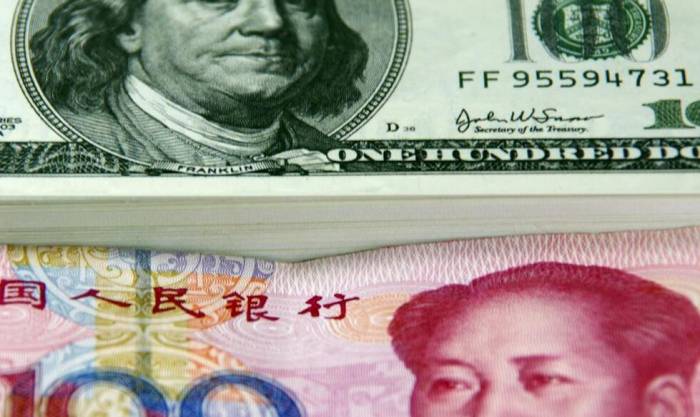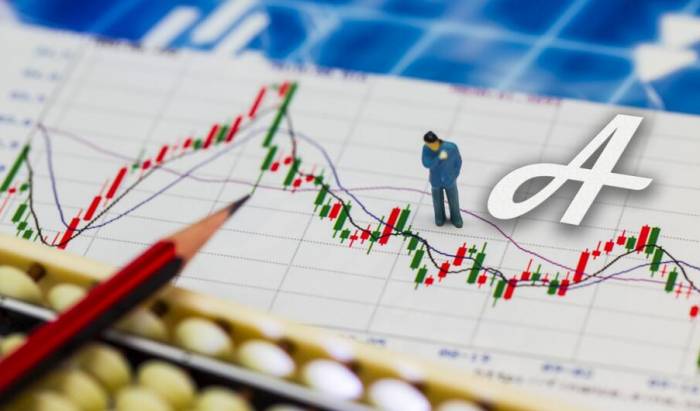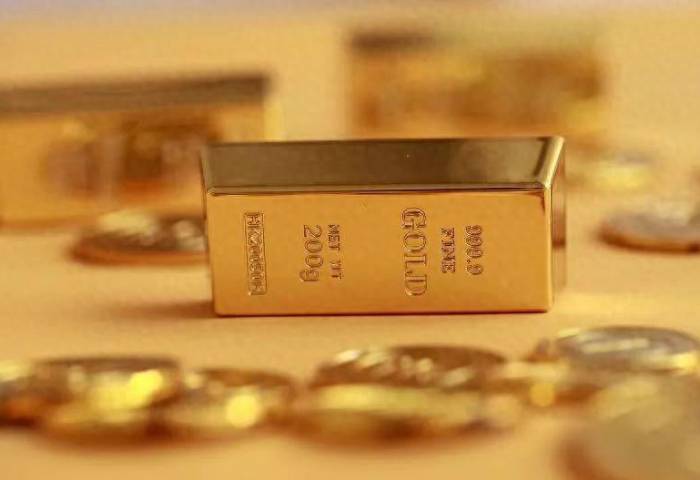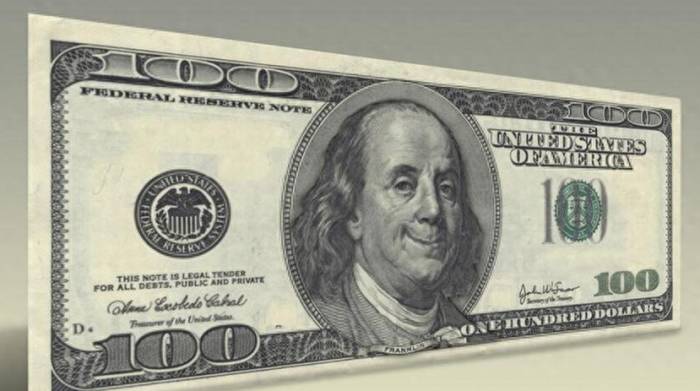Boosted by the Federal Reserve's first interest rate cut in four years, stock markets in Europe and America rose across the board overnight, with the expectation of a "soft landing" pushing U.S. stocks to new historical highs, led by technology stocks.
On Friday, September 20th, the rise in European and American stock markets temporarily paused, with European stocks opening lower collectively, and U.S. stock futures for the three major indices showing little fluctuation.
FedEx fell more than 12% after its earnings report, and Mercedes-Benz's European stocks fell more than 7% after its earnings report.
Asian-Pacific stock markets rose across the board, with Japanese stocks leading the way.
The Bank of Japan's latest interest rate decision was as expected "on hold," and the bank's governor subsequently stated that the risk of inflationary pressures is fading, causing the yen to fall and drop about 70 points in the short term.
The rise in U.S. stocks before the market temporarily paused, and futures for the three major indices showed little fluctuation, with Nasdaq futures down 0.1%.
Nike rose more than 7%, while FedEx fell more than 12% after its earnings report.
European stocks opened lower collectively, with the EURO STOXX 50 index down 0.5%.
Mercedes-Benz's European stocks fell more than 7% after the company revised its 2024 performance guidance downward.
Asian-Pacific stock markets surged, with Japanese stocks rising 2%.
Kawasaki Heavy Industries rose more than 6%, while Mitsui & Co. and LASERTEC rose more than 4%.
South Korea's KOSPI index once rose to 1%, with Hanmi Semiconductor rising more than 4%, SK Hynix rising more than 3%, and Samsung Electronics once rising 2%.
Taiwan's Weighted Index rose 0.67%, with TSMC rising more than 1%.
The MSCI Asia-Pacific Index expanded its gains to 1.3%.
The yen fell about 70 points in the short term, and Kazuo Ueda said that the risk of inflationary pressures is easing.
Spot gold broke through $2,610 per ounce, continuing to set a new historical high.
[Updated at 16:32] Spot gold broke through $2,610 per ounce, continuing to set a new historical high.
[Updated at 16:02] U.S. stock futures for the three major indices showed little fluctuation, with Nasdaq futures and S&P 500 futures slightly down, and Dow futures slightly up.
Before the U.S. market, Nike rose more than 7%, as Nike appointed Elliott Hill as CEO to replace John Donahoe.
FedEx fell more than 12%, as the company's first-quarter earnings report fell short of expectations and lowered its guidance for the year.
[Updated at 15:05] European stocks opened lower collectively, with the EURO STOXX 50 index opening down 0.5%, the German DAX index down 0.5%, the British FTSE 100 index down 0.6%, and the French CAC 40 index down 0.3%.
Daimler AG revised its 2024 performance guidance, stating that the macroeconomic environment has further deteriorated.
It is expected that the full-year adjusted ROS for automobiles will be 7.5%-8.5%, previously expected to be 10%-11%.
It is expected that this year's EBIT (earnings before interest and taxes) will be lower than the previous year.
[Updated at 15:00] The U.S. dollar rose about 70 points against the yen, and Bank of Japan Governor Kazuo Ueda said that the risk of inflationary pressures is easing.
Spot gold rose about $10 in the short term, setting a new historical high at $2,607.07 per ounce.
[Updated at 11:37] After the Bank of Japan's interest rate decision was announced, the U.S. dollar/yen fell more than 50 points in the short term, once breaking below 142.
As of the midday close, the Nikkei 225 index rose 2.12%.
The South Korean index rose 0.77%.
[Updated at 10:00] The MSCI Asia-Pacific Index expanded its gains to 1.35%.
The yen turned up, with the U.S. dollar/yen slightly down 0.08% during the day, at 142.52.
[Updated at 8:33] The Nikkei 225 index expanded its gains to 2%.
[Updated at 8:10] The Nikkei 225 index continued to rise after opening up 1.5%, currently up 1.9%.
The South Korean Seoul Composite Index rose more than 1% after opening up 0.9%.
The yen fell slightly against the U.S. dollar.






























Share Your Comment
hare your unique insights